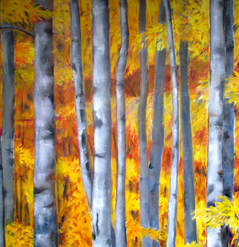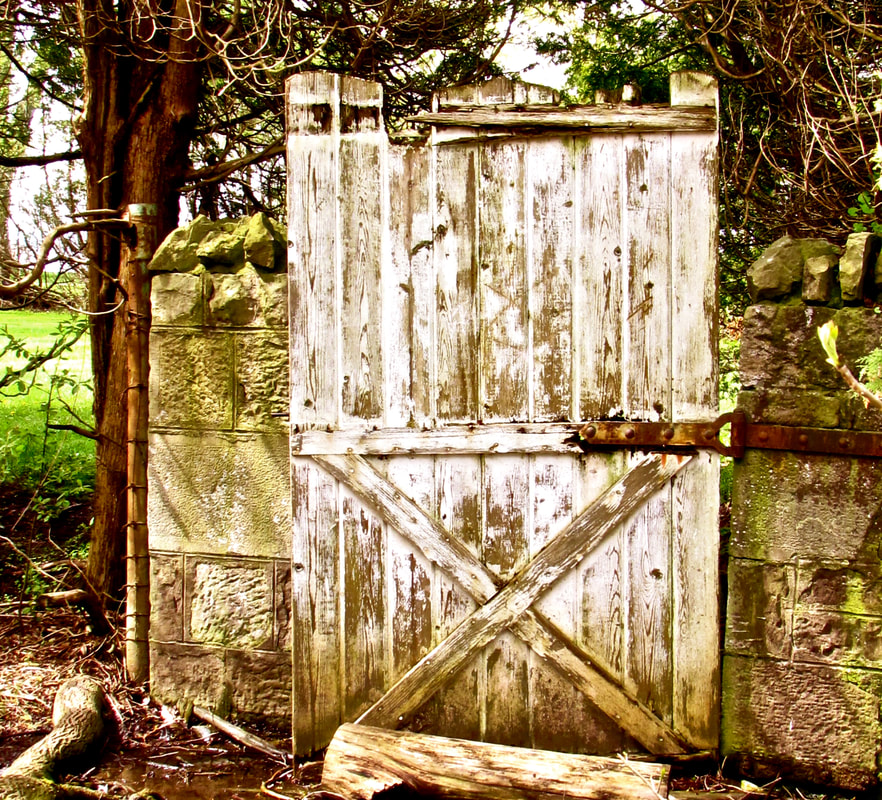I rarely do a close reading any more, opting, I guess, for quantity over quality. Pilgrim was suitably dense and rewarding. I made notes, wrote pencilled marginalia (happening to own a copy) and puzzled over the hints. If the novel proved disappointing, it was only because the last fifty pages were almost unnecessary, having proved possible to predict. That said, Pilgrim left me thinking about big ideas, as Findley always does.
If I had to pinpoint the idea, it would something like this: “Because human history - past present and future - is filled with suffering, it is the responsibility of art to alleviate pain and in fact to try to change its root cause — our human “bloody-mindedness.” In the novel, Pilgrim, a mysterious immortal, is wracked with memories of horrendous and avoidable suffering like the mass starvations in medieval Europe driven by greed. Findley is crystal clear about art’s spectacular failure to inspire less selfish behaviour before 1912, when the novel is set, and Pilgrim’s prophetic dreams predict even worse to come, the reader understanding that he is foreseeing World War 1.
For Findley, hope resides in our capacity for a spiritual understanding of the interconnection of all life. Intuition of inclusivity is our gateway to redemption.
As the novel ends, Pilgrim throws the gauntlet to modern heirs of the shamanistic practitioners — artists.
In fact, Political Art seems extra big these days; this year it is primarily about #Me Too. But Findley suggests that art is always political, a thought that forced me to wonder about the worth of what I do. I concluded that my own work hopes to remind us that paradise still exists and that what remains of it must never be sacrificed to bloody-mindedness. That translates to : be very very careful whom you vote for.


 RSS Feed
RSS Feed
